China's economic crisis is a ticking time bomb
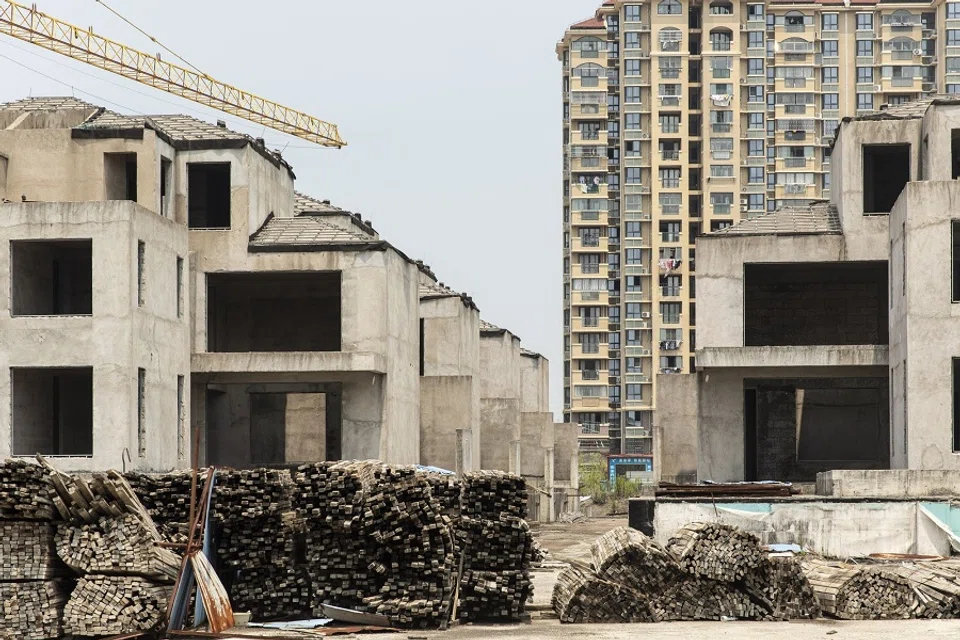
Repeated blows to the Chinese economy have made various underlying issues obvious. Without good solutions and under pressure from internal and external difficulties, China's economy is facing its worst headwinds after more than 40 years of reform and opening up.
First a banking crisis. Over 400,000 depositors of rural banks in Henan and Anhui who were unable to withdraw their money were beaten up by the police during street protests. China's finances at the grassroots level are in serious trouble while people in the lower rungs of society are sick of being exploited and oppressed and have decided to "rebel" as a whole.
This is not a standalone incident and reflects the wider issues with financial regulation. Last year, the Chinese government cracked down on the platform economy and banned banks from using third-party platforms. Rural banks launched their own banking apps for their customers as a result.
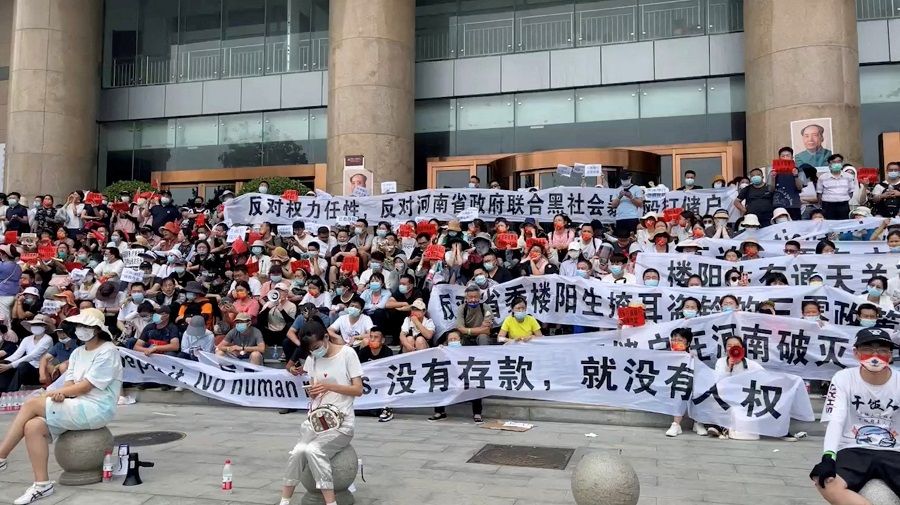
Three months ago, these rural banks suspended online transactions and their internet and mobile banking services due to "system upgrading", affecting 400,000 depositors with nearly 40 billion RMB (US$6 billion) in funds. While such cases involving poor supervision and business-government collusion are aplenty in various regions, once exposed, the consequences could prove to be more far-reaching and impactful than imagined.
If the slump persists, bad debts will soar and the financial industry that is already under pressure, along with the economy as a whole, will be badly affected.
Real estate impact on financial industry
China's real estate problems are also serious and difficult to resolve. Recently, property and home owners of unfinished housing projects banded together to stop or threaten to stop making their mortgage payments, creating a far bigger blow to the economy than the rural bank incident.
The Chinese media estimates that as of mid-July, owners from over 200 unfinished projects across at least 15 Chinese provinces have stopped making mortgage payments.
The boom and bust cycles of the real estate industry, which accounts for 30% of China's GDP and contributes to 17% of the Chinese economy, will have a huge impact on China's financial industry. Real estate sales fell by 51% in the first half of the year and has become a financial time bomb.
In fact, the property sector has been hit by repeated blows in recent years. If the slump persists, bad debts will soar and the financial industry that is already under pressure, along with the economy as a whole, will be badly affected.
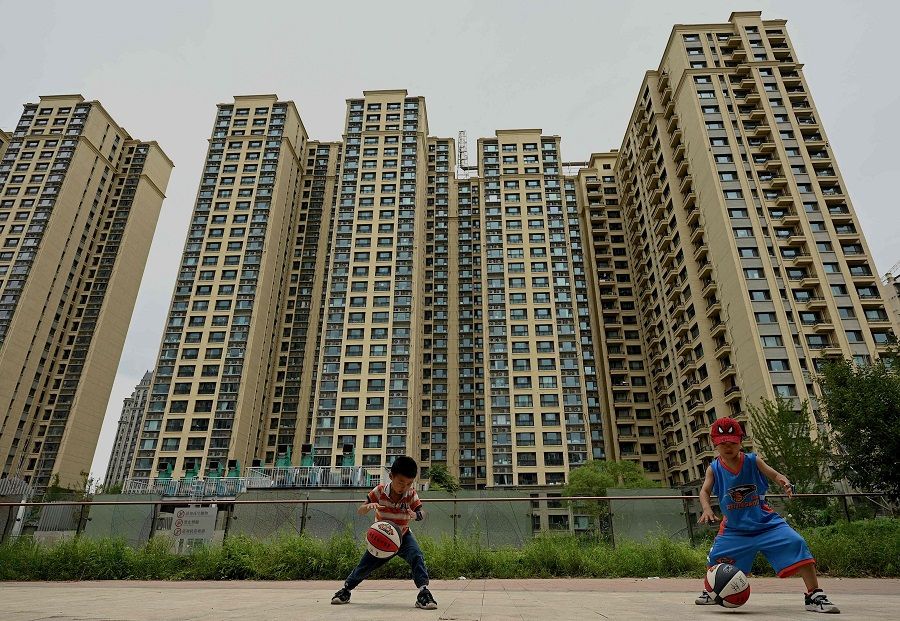
The overinflated real estate industry is now trapped in a serious predicament and a financial system crisis is looming. The government's regulatory measures have made developers even more cash-strapped, and if the storm gets bigger, consumers, developers and banks will be impacted, along with the local government finances.
In the past, local governments relied on land sales as a source of income. But the housing slump has left them in a difficult situation. Statistics from China's finance ministry show that revenue from land sales plunged 31.4% year-on-year in the first six months of 2022, highlighting the dire financial situation.
The economy is falling off a cliff, while the real estate and financial industries and local government finances are interlocked in a three-pronged crisis, like three tightly bound gasoline barrels.
China's economic downturn is difficult to solve and its debt bomb looks ready to explode. While the mortgage storm has yet to subside, the zero-Covid measures are adding to the uncertainties. China would count itself lucky if it manages to reach its 5.5% growth target.
While the strength of both stimulus packages is promising, it may be too little too late.
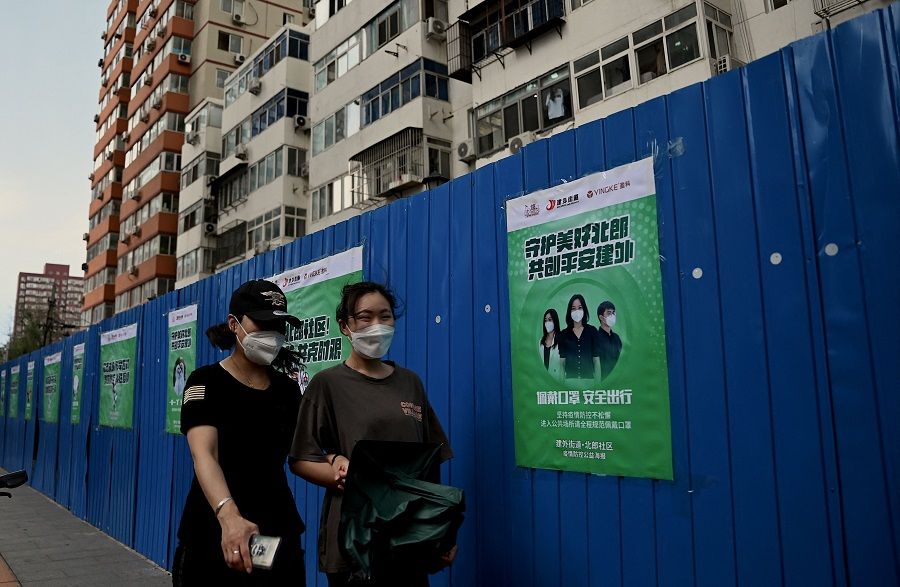
At the same time, imported inflation risks have also led to a significant increase in production costs, making it even tougher to achieve a soft landing while avoiding stagnation and recession. Official data show that China's economy grew just 0.4% in the second quarter of 2022, below the worst-case scenario predicted by the market and showing the depth of China's economic quagmire. If China experiences two consecutive quarters of negative growth, it would technically be in recession.
Wave of unemployment among China's youths
Faced with the sharp economic downturn in the first half of the year, China recently ramped up its efforts in stimulating the economy. Bloomberg reported that Beijing is considering allowing local governments to sell 1.5 trillion RMB (US$220 billion) of special bonds in the second half of this year. The funds would mainly be used for infrastructure projects such as transportation networks, water facilities, mobile networks and data centres. It is also preparing 7.2 trillion RMB (US$1.1 trillion) in funds for infrastructure spending. While the strength of both stimulus packages is promising, it may be too little too late.
It is still difficult to say whether an economic downturn is imminent, but youth unemployment is now a potential concern. With slowing economic growth and rising unemployment rates, coupled with more than ten million university graduates entering the workforce in 2022, as well as farm workers moving from villages to cities, the shortage of jobs has increased the risk of social unrest.
Given the general anxiety over the future, how are people expected to spend money as easily as they did before?
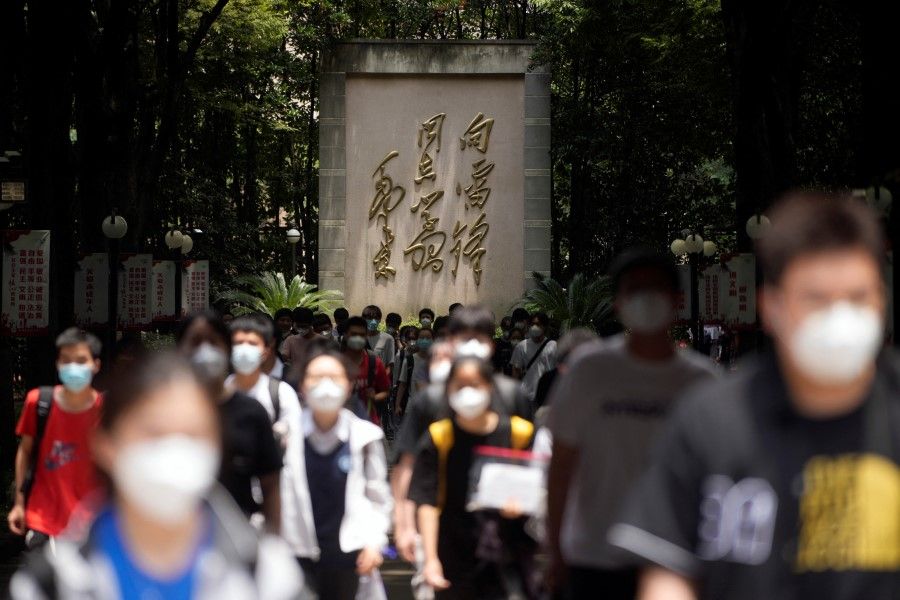
As of June this year, the unemployment rate reached 5.5%, nearly the highest since 2018. In particular, the unemployment rate among jobseekers aged 16 to 24 has reached a severe rate of 19.3%.
On one hand, the government has rolled out stimulus measures, especially for the infrastructure sector. But historically, the infrastructure sector is not as effective as the property sector in stimulating the economy. Furthermore, the strict measures to correct and restrain the property sector, along with the regulations and restrictions on the platform economy, have not been eased. In such circumstances, how will private companies thrive?
What is especially worrying is that various sectors are interlinked - one sector's decline could impact another. For instance, the massive property debt was a result of companies allocating housing development funds for other investments, which prompted the authorities to implement the "three red lines" to restrict speculation. This threw the entire sector into a debt spiral, and falling prices of new properties shook consumer confidence.
Furthermore, consumer confidence further declined due to the strict anti-epidemic control measures - as of mid-July, 247 million people in 31 cities are in some form of lockdown. This is equivalent to one-fifth of China's population and 25.5% of GDP, with the number of affected cities still rising. Given the general anxiety over the future, how are people expected to spend money as easily as they did before?
In recent years, the "political hand" has strongly controlled the market, along with the overenthusiastic political measures that did more harm than good...
Political interference
Over the past 30 years or so, China has continued with its reform and opening up, with the appropriate political easing and adherence to economic rules. In recent years, the "political hand" has strongly controlled the market, along with the overenthusiastic political measures that did more harm than good, leading to a slowdown in economic growth due to political interference. If this approach is not corrected and market intervention becomes the norm, China will gradually lose its place as the global growth engine and risk facing harsher environments in future.
The pandemic is the toughest test right now. The Chinese Communist Party (CCP) is calling for defending against the pandemic, stabilising the economy, and securing growth (疫情要防住、经济要稳住、发展要安全) - but the authorities would be well aware of which to prioritise.
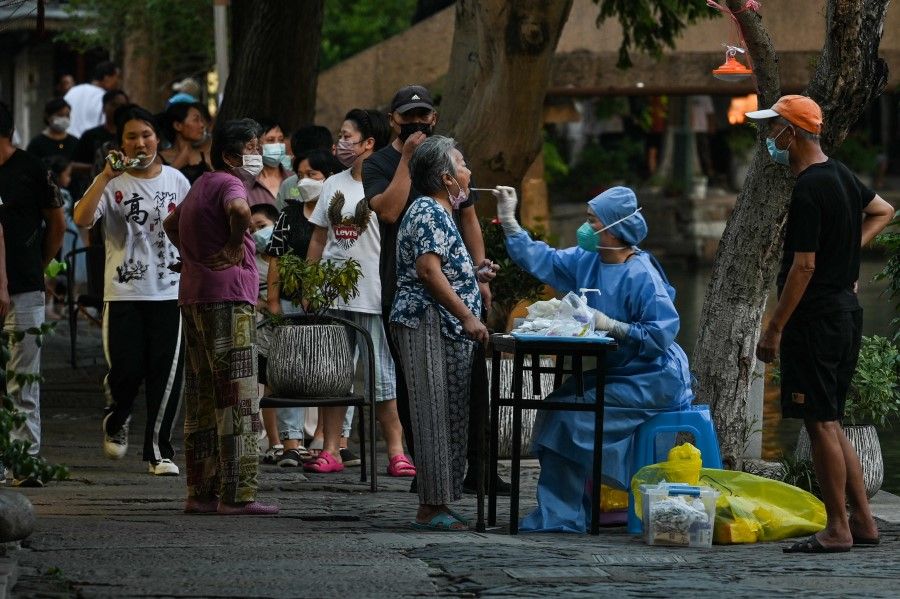
With the more transmissible Omicron variant better at eluding vaccines and throwing up a fresh global wave of infections, the outlook for China's pandemic controls for the second half of the year is grim. And if the measures are not relaxed, the economy would be weighed down further.
The pandemic is not abating and inflation is coming on strong. The authorities are painting a picture that all is well, claiming that China's price hikes are significantly lower than the 8% in Europe and 9% in the US, and would help stable economic operations and improve living standards.
However, the Producer Price Index (PPI) - which measures the changes in the cost price of producing items - has increased by 7.7% in China. The PPI is generally seen as a leading indicator of the Consumer Price Index (CPI) as any rise in production costs would naturally push up consumer prices.
If the war in Ukraine continues, demand for fuel in the northern hemisphere would increase and it would be difficult for oil prices to come back down, while possibly pushing up prices of petrol, natural gas and coal. In turn, China's economy would be affected by rising production costs.
... the government is spending a lot of money, but is also short of money in many areas. It can only keep borrowing and spending money it does not have...
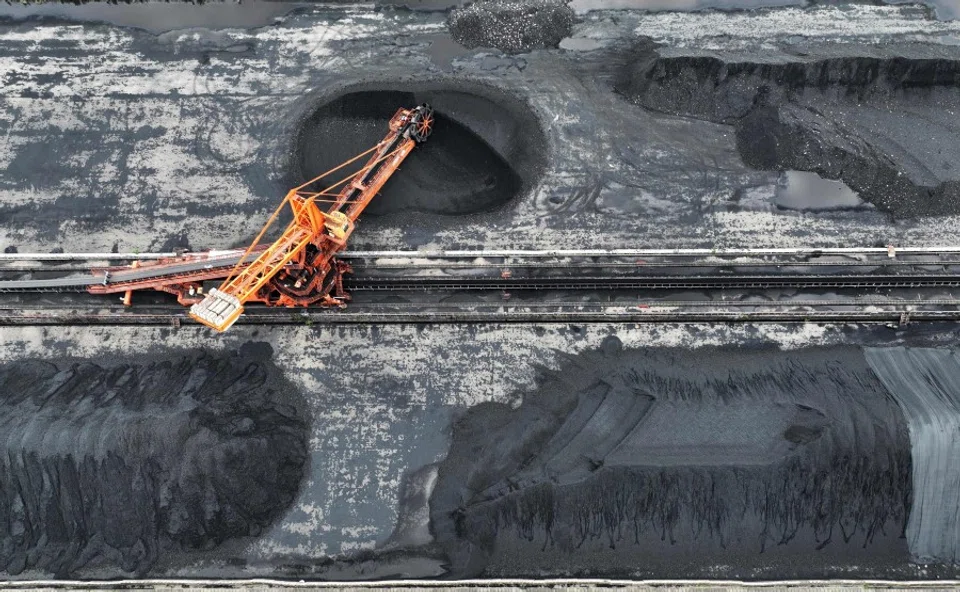
China's economy has long been on a decline, severely affecting the confidence of the people and businesses. With an unstable outlook and a lack of confidence, the investment drive among private and foreign companies would drop in tandem with consumer appetite.
The number of sustainable jobs is depleting as more companies make losses and go bust. If the investment-driven economic growth remains unchanged amid the low investment appetite, there will be fewer good-quality projects, and the marginal efficiency of investment would drop.
Pandemic measures and infrastructure investments are necessities; the government is spending a lot of money, but is also short of money in many areas. It can only keep borrowing and spending money it does not have, without knowing the consequences. When will China's economy get out of the current morass?
Related: Why China's economists and entrepreneurs are keeping mum about the economy | Dual circulation strategy revisited: China deepens integration with the global economy | It takes a mountain of effort to tell the truth about China's economy | China's all-out effort to fund infrastructure and save the economy
